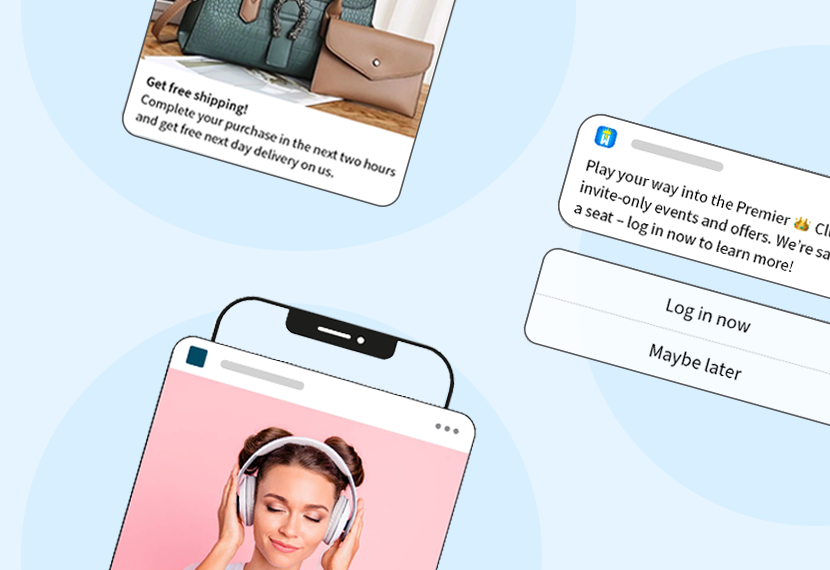Found 63 Results for "apple"

IN GEAR: What to Know About Apple’s Mail Privacy Protection (MPP) Announcement from WWDC
Apple announced a set of new privacy features for the upcoming iOS 15. Perhaps the most controversial (at least according to Marketing Twitter) is called Mail Privacy Protection. A ...

How Apple’s MPP is Impacting Open Rates Now
Since the rollout of Apple’s Mail Privacy Protection (MPP) in September, marketers have been faced with a constant barrage of information about its impact on the email marketing ...
Apple Reaches Highest-Ever Market Share in China
Apple’s smartphone market share in China reached an all-time high of 23% as it surpassed Vivo in the fourth quarter of 2021. According to research company Counterpoint Technology ...
What is Apple’s App Tracking Transparency (ATT)?
Data privacy is the most important topic in the digital sphere right now. According to Pew Research Center, there is an evident distrust of corporate data collection practices, wit ...

The Poison Apple: Will New Privacy Policy Kill Email Marketing?
WWDC 2021: Apple Disrupts Mobile Messaging with Focus Mode
When your plane is ready to board, your airline notifies you when and from what gate. When your takeout order is ready, the restaurant let’s you know to come to the door for ...

Apple Mail’s MPP Announcement Not a Deliverability Concern (Yet)
Earlier this week in their annual Worldwide Developers Conference (WWDC) event, Apple announced a set of new privacy features for the upcoming iOS 15. Perhaps the most controversia ...
How Apple is Changing Digital Marketing Forever
Apple’s annual Worldwide Developer Conference kicked off earlier this week with a keynote presentation from Tim Cook jammed to the brim with new updates and features coming to va ...

Product release: Enhanced mobile features for a superior cross-channel experience
The past few years haven’t been easy for large B2C brands. Grappling with rising customer acquisition costs and a more cautious consumer spending mindset, marketing teams in part ...

Tips to increase and improve your app store ratings
“There’s an app for that.” What started as a phrase coined by Apple in 2009 to show the diverse array of apps available for iOS devices through the app store has ...

Create cozy, 1:1 conversations across millions of contacts
Delivering digital personalization at scale is still a challenge for the enterprise Marketing can be summed up in a simple phrase – meet your customers where they are. Is that ...